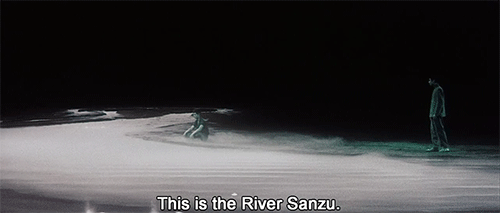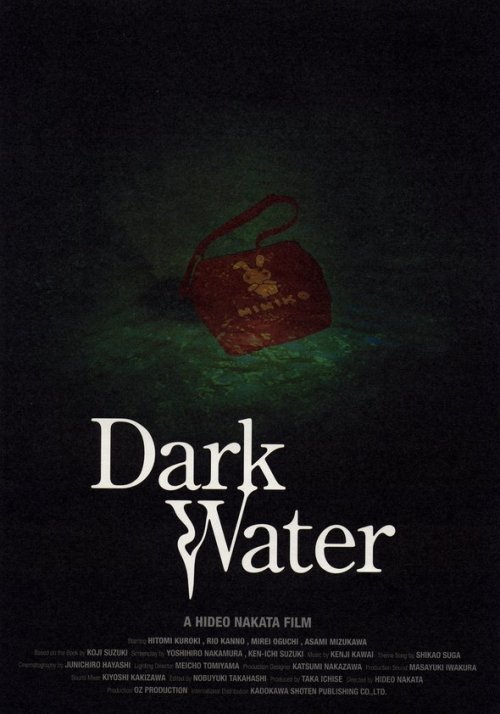Withnail & I (1987)

Withnail & I (1987)
"I have of late, but wherefore I know not, lost all my mirth. And indeed it goes so heavily with my disposition that this goodly frame, the earth, seems to me a sterile promontory. This most excellent canopy, the air, look you, this brave o'erhanging firmament, this majestical roof fretted with golden fire, why, it appeareth nothing to me but a foul and pestilent congregation of vapours. What a piece of work is a man! How noble in reason! How infinite in faculties! How like an angel in apprehension. How like a God! The beauty of the world! The paragon of animals! And yet, to me, what is this quintessence of dust? Man delights not me, no, nor woman neither. Nor woman neither."
More Posts from Cine-odyssey-blog and Others





Betty Blue (1986) dir. Jean-Jacques Beineix

Inferno (1980) | dir. Dario Argento
Cinematography by Romano Albani

Gattaca (1997) | dir. Andrew Niccol
DoP: Sławomir Idziak

Alexei Balabanov on the set, 2007
Jigoku /dir. Nobuo Nakagawa



Jigoku (Nobuo Nakagawa, 1960)






MIDSOMMAR (2019), dir. Ari Aster
Scorsese’s “Mean Streets” is a true original of our period, a triumph of personal filmmaking. It has its own hallucinatory look; the characters live in the darkness of bars, with lighting and color just this side of lurid. It has its own unsettling, episodic rhythm and a high-charged emotional range, that is dizzyingly sensual. Movies generally work you up to expect the sensual intensities, but here you may be pulled into a high without warning. Violence erupts crazily, too, the way it does in life – so unexpectedly fast that you can’t believe it, and over before you’ve been able to take it in. The whole movie has this effect; it psychs you up to accept everything it shows you. And since the story deepens as it goes along, you’re likely to be openmouthed, trying to rethink what you’ve seen. Its about American life here and now, and it doesn’t look like an American movie, or feel like one. What Scorsese has done with the experience of growing up in New York’s Little Italy has a thicker-textured rot and violence than we have ever had in any American movie, and a riper since of evil.
The picture is stylized without seeming in any way artificial; it is the only movie I’ve ever seen that achieves the effects of Expressionism without the use of distortion. “Mean Streets” never loses touch with the ordinary look of things or with common experience; rather, it puts us in closer touch with the ordinary, the common, by turning a different light on them. Every character, every sound, is rooted in those streets. The back-and-forth talk isn’t little-people empty-funny; it’s a tangle of jeering and joshing, of mutual goading and nerves getting frayed. These boys understand each other too well. No other American gangster-milieu film has had this element of personal obsession; there has never before been a gangster film in which you felt that the director himself was saying “This is my story.” We’re so affected because we know in our bones that Scorsese has walked these streets and has felt what his characters feel. He knows how crime is natural to them.
Scorsese could make poetic drama, rather than melodrama laced with decadence, out of the schlock of shabby experience because he didn’t have to “dive below the polite level, to something nearer to the common life” but had to do something much tougher- descend into himself and bring up what neither he nor anyone else could have known was there. Though he must have suspected. This is a blood thriller in the truest sense.
Pauline Kael
I like you to be exactly the way that you are, because in all my experience, I have never known anyone like you.
Tennessee Williams,A Streetcar Named Desire (via thelovejournals)
-
 cine-odyssey-blog liked this · 2 years ago
cine-odyssey-blog liked this · 2 years ago -
 swallow-wind liked this · 3 years ago
swallow-wind liked this · 3 years ago -
 art-is-seduction liked this · 5 years ago
art-is-seduction liked this · 5 years ago -
 4eternal-life reblogged this · 5 years ago
4eternal-life reblogged this · 5 years ago -
 fleurdeneuf reblogged this · 7 years ago
fleurdeneuf reblogged this · 7 years ago -
 how-soon--is--now reblogged this · 7 years ago
how-soon--is--now reblogged this · 7 years ago -
 4eternal-life liked this · 7 years ago
4eternal-life liked this · 7 years ago -
 dwgroupwatch reblogged this · 7 years ago
dwgroupwatch reblogged this · 7 years ago -
 fleurdeneuf liked this · 7 years ago
fleurdeneuf liked this · 7 years ago -
 cine-odyssey-blog reblogged this · 7 years ago
cine-odyssey-blog reblogged this · 7 years ago


